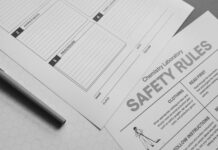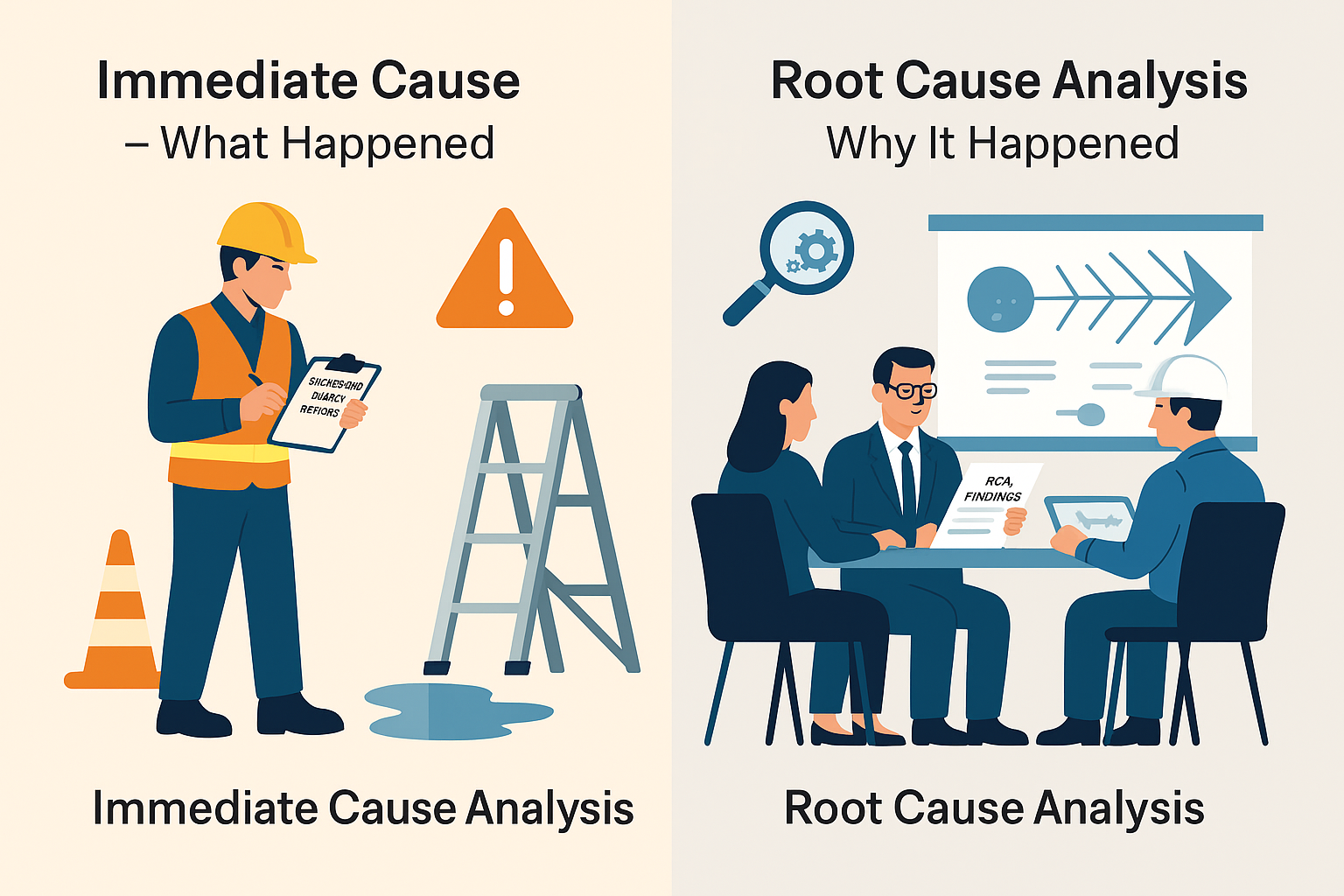
What is the Skill of an HSE Officer?
Introduction
What is the Skill of an HSE Officer? : In today’s fast-paced world, the importance of Health, Safety, and Environmental (HSE) officers cannot be overstated. These professionals play a crucial role in ensuring the well-being of employees, protecting the environment, and maintaining compliance with regulations. To understand the skill set required for an HSE officer, we need to delve deeper into their responsibilities and the qualities that make them effective in their role.
The Foundation – HSE Officer’s Role
Understanding the Basics
Before we dive into the specific skills, let’s establish a foundation. An HSE officer’s primary responsibility is to promote and maintain a safe and healthy working environment. This includes minimizing workplace accidents, injuries, and health hazards while ensuring compliance with local, state, and federal regulations.
Core Competencies
Knowledge of Regulations
HSE officers must have an in-depth understanding of safety and environmental regulations, which vary by industry and location. Staying up-to-date with these regulations is crucial.
Risk Assessment
One of the fundamental skills is the ability to assess risks and identify potential hazards. HSE officers should be adept at conducting risk assessments and developing strategies to mitigate them.
Emergency Response
In the event of an accident or emergency, HSE officers need to act swiftly. They must be trained in emergency response procedures to ensure the safety of all employees.
Communication Skills
Effective Communication
HSE officers often act as intermediaries between management and employees. They need to communicate safety protocols and regulations clearly and effectively.
Training and Education
Providing training and education to employees is a significant part of an HSE officer’s role. Effective communication is essential to convey safety procedures and guidelines.
Problem-Solving and Analytical Skills
Problem Identification
HSE officers should be adept at identifying safety and environmental issues, even in complex situations. The ability to spot potential problems is vital.
Analytical Thinking
Once issues are identified, HSE officers need to analyze them and develop practical solutions. Analytical thinking is crucial in finding the best ways to address problems.
Technical Knowledge
Technical Expertise
HSE officers should possess a solid technical knowledge of the equipment and tools used in their specific industry. This knowledge enables them to identify potential risks and ensure equipment safety.
Data Analysis
The ability to analyze data related to safety and environmental performance is crucial. Data-driven decisions can lead to more effective safety measures.
Leadership and Teamwork
Leadership
HSE officers often lead safety committees and initiatives. Leadership skills are essential in driving change and ensuring a culture of safety in the workplace.
Teamwork
Collaboration with other employees, especially when implementing safety measures, is vital. HSE officers should work effectively with others to achieve common safety goals.
Conclusion
Becoming a proficient HSE officer requires a multifaceted skill set. These professionals play a critical role in maintaining workplace safety and environmental compliance. They must have a deep understanding of regulations, strong communication skills, problem-solving abilities, technical knowledge, and leadership qualities. Only with these skills can they effectively protect the health and well-being of employees and the environment.
What is the Difference between EHS and HSE?
What are the Important Points of HSE?
FAQs
Q1: What is the primary role of an HSE officer?
The primary role of an HSE officer is to promote and maintain a safe and healthy working environment, minimize workplace accidents, injuries, and health hazards, and ensure compliance with regulations.
Q2: What regulations do HSE officers need to be familiar with?
HSE officers need to be familiar with safety and environmental regulations that apply to their specific industry and location.
Q3: Why is risk assessment important for HSE officers?
Risk assessment is important because it helps HSE officers identify potential hazards and develop strategies to mitigate them, ultimately reducing the risk of accidents.
Q4: How do HSE officers communicate safety protocols to employees?
HSE officers communicate safety protocols to employees through effective communication methods, including training and education programs.
Q5: What is the significance of data analysis for HSE officers?
Data analysis is significant for HSE officers as it allows them to make data-driven decisions related to safety and environmental performance, which can lead to more effective safety measures.
























